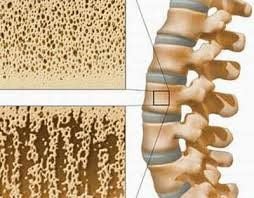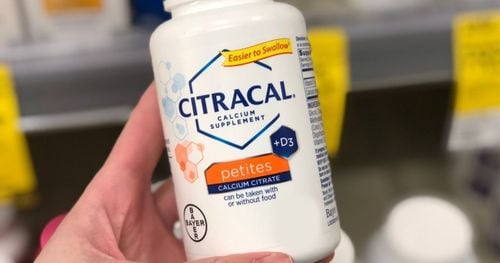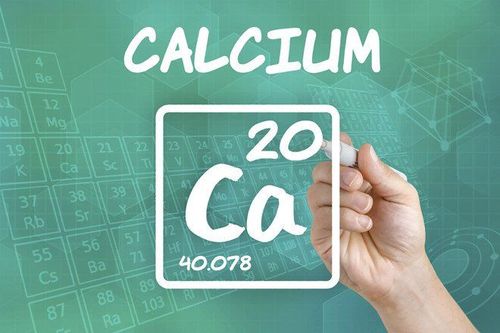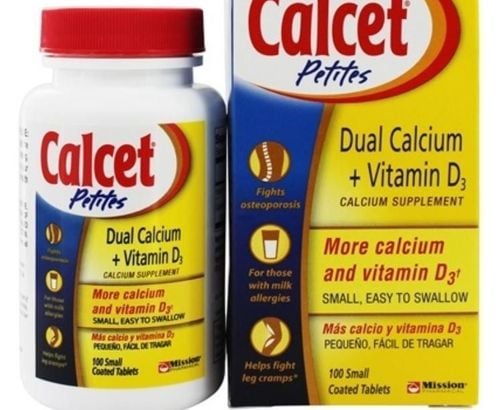This is an automatically translated article.
The article was professionally consulted with Master, Doctor Ngo Thi Oanh - Pediatrician - Department of Pediatrics - Neonatology - Vinmec Ha Long International General Hospital.The human body needs calcium to maintain strong bones. More than 99% of calcium in the body is stored in bones and teeth. Therefore, calcium supplementation is a necessary work, but is it not enough to supplement calcium with food alone?
1. Why need calcium supplements?
The human body needs calcium to build and maintain strong bones. More than 99% of calcium is stored in bones and teeth. The blood is used to send nerve signals and release hormones like insulin and regulate the way muscles and blood vessels contract and relax.If you don't get enough calcium in your diet, your body will take calcium from your bones and teeth to use elsewhere. This leads to weakened bones.
Currently, according to the recommendations of the Institute of Medicine, the amount of calcium that needs to be provided every day is:
Women aged 50 and under: 1000mg per day Men 70 years old and younger: 1000mg per day Women over 50 years old: 1200mg per day Men over 70: 1200mg per day

Người cao tuổi cần bổ sung canxi
Calcium can be obtained through diet. Foods that contain calcium include dairy products, some green leafy vegetables, and nuts and tofu.
2. Foods rich in calcium
Dark green leafy vegetables are rich in calcium such as spinach, kale, turnips and green vegetables. Whole grains like total, corn flakes, raisin bran,... they have too much calcium in one serving. Nuts are considered to be small nutritional powerhouses that contain a lot of calcium such as: sesame, celery, ... In addition, these nuts also provide protein and other healthy fats. Cheese: Soft cheeses tend to contain less calcium than hard, aged cheeses. Furthermore, hard cheeses are naturally low in milk which makes them easier to digest. Cheese is full of fat and calories. Another study found that daily cheese consumption was associated with a lower risk of metabolic syndrome, a reduced risk of cardiovascular disease and stroke.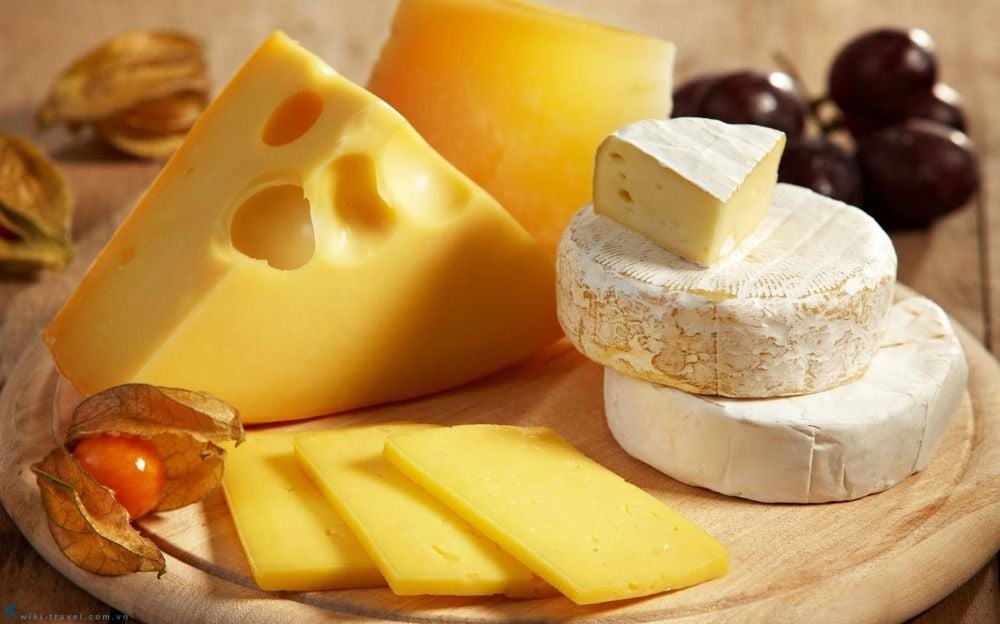
Bổ sung canxi bằng phô mai
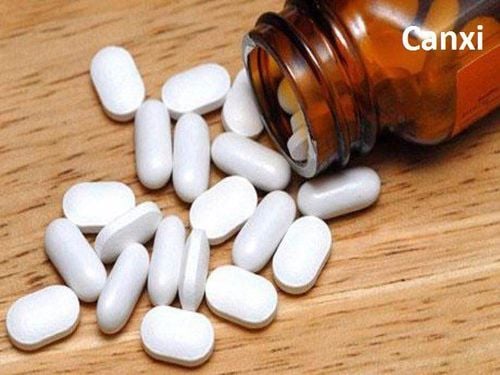
Bổ sung canxi bằng cách uống viên canxi tổng hợp
Please dial HOTLINE for more information or register for an appointment HERE. Download MyVinmec app to make appointments faster and to manage your bookings easily.




